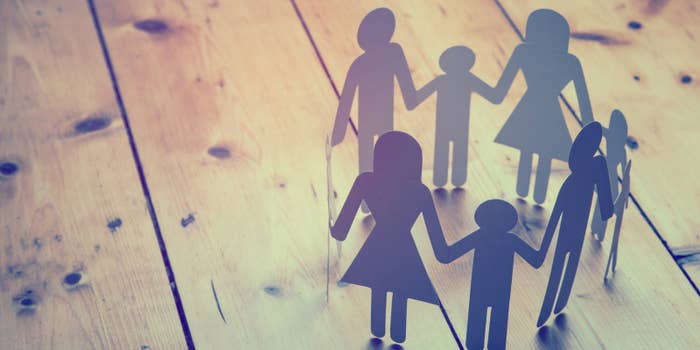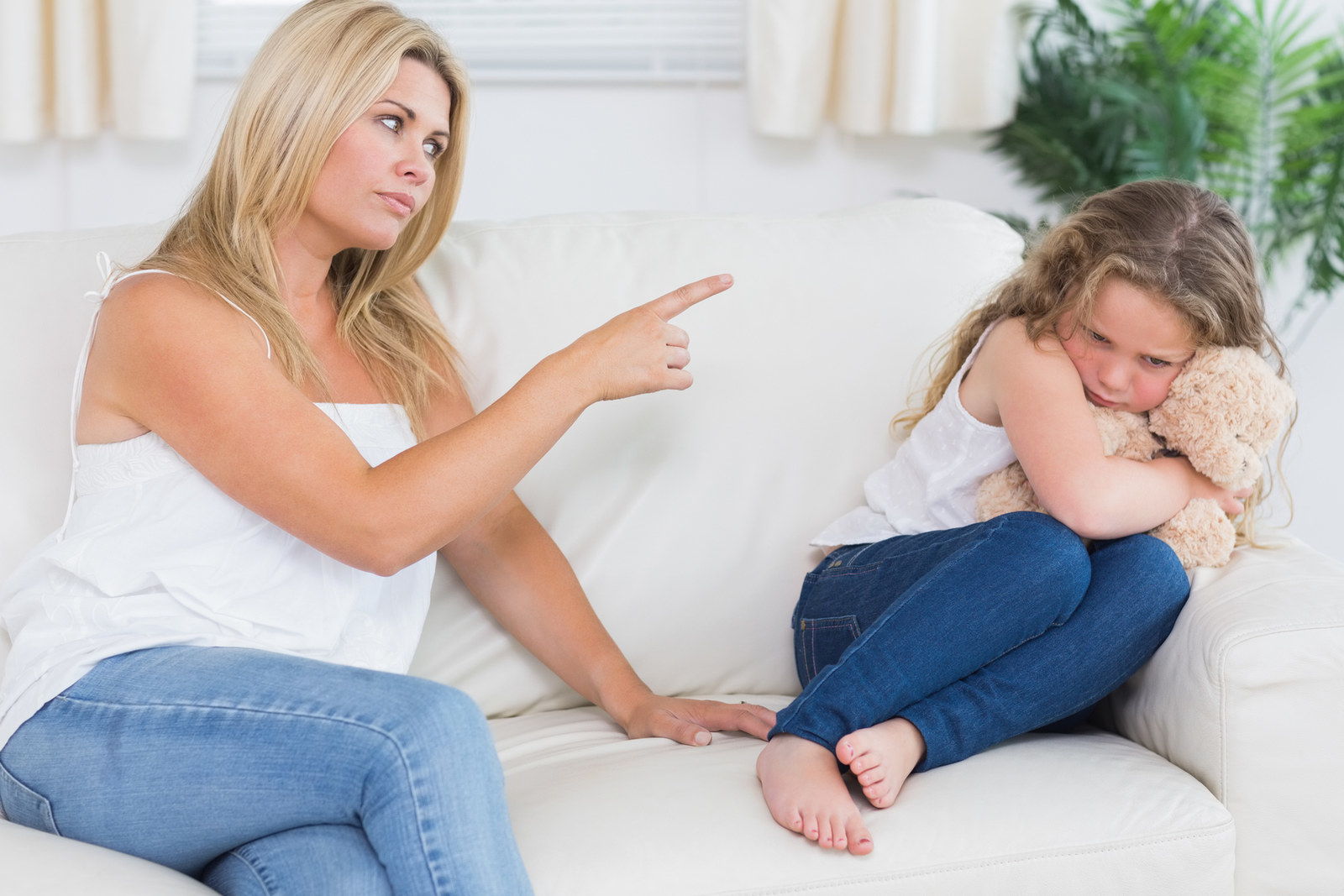Contemporary parenting is very involved and responsible, and how could it not be? Becoming a parent in most cases is a conscious decision that people make later in life, in their thirties, as opposed to traditional early twenties. Moreover, parents, being aware of the responsibilities this status brings, are bombarded with all kinds of messages, often contradictory, on what parenting style and strategy is the best. The followers of different "parenting schools" fight flame wars on the Internet and shame their opponents for crippling their children's psyche, or simply being not considerate enough.

Therefore, modern parenting is steeped in the feeling of guilt. Parents today tend to idolize their childhood, see this time as the golden age of innocence, safer times. Moreover, they see their parents as those who cared more, devoted more time and effort to child rearing. The parents of today, being full-time employed, see themselves as no-match for those caring and involved stay-at-home mothers of the past. Yet it is not true at all. The bond between children and parents, as far as we can see, grows stronger.
The mere concept of childhood varied through the centuries. In Middle Ages, children were seen merely as an investable product of family life, and they were considered adults as soon as they were good enough for work. A twelve-year-old could be considered fit for battle, and therefore, a grown-up warrior. This may seem barbaric to us today, but back then, the teenager would have already learned everything he or she ought to know and was fairly prepared for adulthood.
It all changed gradually with the advance of technology and spreading of literacy. To function normally as an adult, a child should have mastered reading and spelling, therefore a childhood stretched through a longer period, during which it was necessary to acquire all the knowledge that befitted a grown-up person.
The advent of the Internet and digital technologies have led, it seems, to the reverse effects – the kidult phenomenon has emerged. This time, the prolongation of childhood was no longer a result of the difficulty in mastering technology – it was caused by technology's accessibility.
We often see how ten-year-olds show their parents how to use Facebook. Today a toddler barely speaks and definitely cannot read yet, but will find their favorite games and videos on your tablet with ease. We began to see our children as equals, at least when it comes to technology – they are almost as well-versed as we are (sometimes even more). We share their interests in videogames, animated films, and sci-fi – it has already become a norm and some call it involvement in one's child. The entertainment industry reacts accordingly by providing the products that will be interesting for both parents and children.
This trend is not limited to entertainment – parents today seek their children's friendship. They do not want to be authoritarian, oppressive. They want to be friends with their kids, be their best buddies. This style is often referred to as "peerenting". Parents do not feel they have a right and authority to force their decisions and choices upon their children. They see egalitarian family as a basis for egalitarian society.
The lone parents, who also fulfill their need of emotional attachment in this way, particularly often prefer such parenting approach. However, sometimes this strategy backfires. Instead of turning into laid-back and assertive adults, people, who were as children trusted with important decisions while having neither knowledge, no emotional maturity to do so, grow up to be nagging and obsessive, trying to keep everything around them under control, and failing inevitably.
The truth is, that despite all the guilt, today working parents spend more quality face-to-face time with their children than did back in stereotypically idyllic 1960s stay-at-home mothers, who would without second though urge their children to play outside until dark, being themselves occupied with pressing household tasks.

Modern parents spare neither time nor efforts to always be there, even if it affects their own personal leisure time. What they fail to provide for their children, however, is rules and boundaries. They do not get children to do something; they give advice and ask them. However, setting the rules is mandatory. That is the basis for respecting other's boundaries in the future. The extent of control is often disputed. Should parents straightforwardly forbid their children to hang out with the peers seen as a "bad company"? Can they install parenting controls on their phones to know where kids are make sure their iPhones have not been tapped? Should they forbid going to concerts or listening to particular music?
One thing is clear: as parents, people have more and more freedom and responsibilities. There is no single competent opinion – it all comes down to daily personal choices, and the load is overwhelming. Maybe that is the reason why more and more parents wish to leave decision-making to their children and stay carefree kidults forever?

